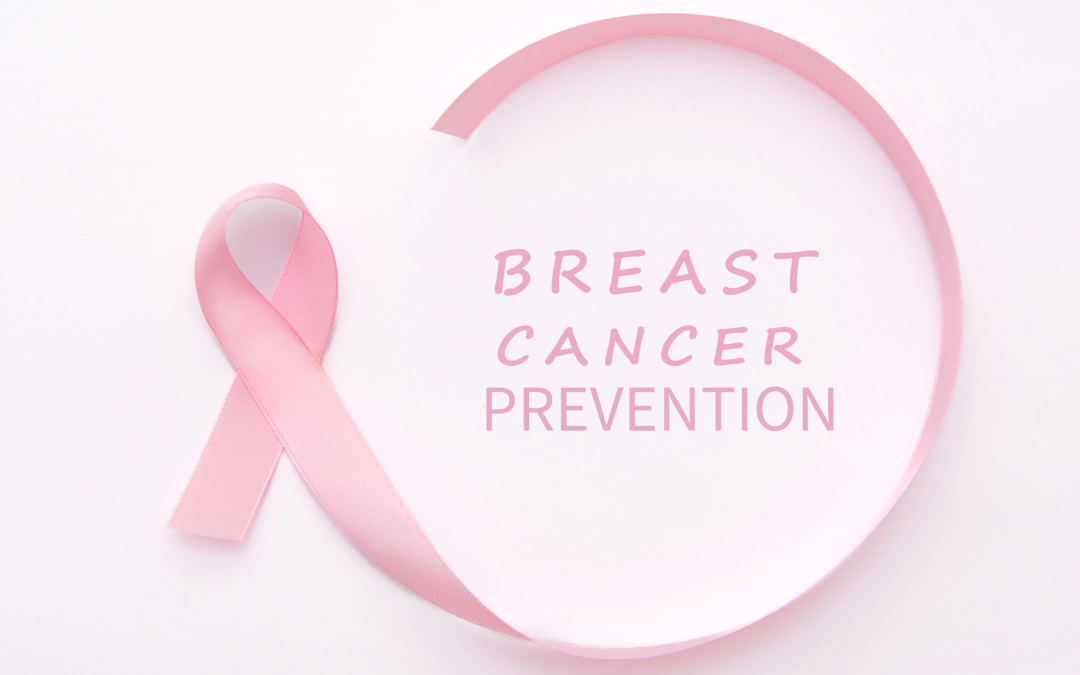Breast Cancer Prevention
Breast cancer is one of the most common cancers among women, but the good news is that proactive steps can help lower your risk. We believe in empowering individuals with the knowledge they need to make an informed decision regarding their health. Here is what you need to know about breast cancer prevention.
- Maintain a Healthy Lifestyle – Your daily habits play a crucial role in reducing your risk of breast cancer. Consider these lifestyle adjustments:
-
- Eat a balanced diet: Focus on whole foods, including fruits, vegetables, lean proteins, and whole grains.
-
- Exercise regularly: Aim for at least 150 minutes of moderate exercise or 75 minutes of vigorous activity per week.
-
- Limit alcohol consumption: Studies show that higher alcohol intake increases breast cancer risk.
-
- Avoid smoking: Smoking is linked to various cancers, including breast cancer.
- Be Mindful of Hormone Therapy – If you are undergoing hormone replacement therapy (HRT) for menopause symptoms, discuss the risks with your doctor. Long-term use of combined hormone therapy may increase breast cancer risk. If needed, consider alternatives or the lowest effective dose for the shortest duration possible.
- Stay on Top of Regular Screenings – Early detection saves lives. Follow these guidelines for screenings:
-
- Mammograms: Women aged 40 and older should discuss mammogram schedules with their doctors, typically starting annual or biennial screenings by age 50. If you have dense breast tissue, ask your doctor about scheduling an ultrasound.
-
- Self-exams: While not a substitute for professional screenings, being familiar with your breasts can help you notice changes and report them to your doctor.
-
- Clinical exams: Your doctor may conduct breast exams during routine checkups.
- Know Your Family History – A family history of breast cancer can increase your risk. If a close relative has had breast cancer, discuss genetic testing and early screening options with your doctor. Some women with a strong family history may benefit from additional screenings like MRIs.
- Manage Stress and Prioritize Mental Health – Chronic stress can impact overall health, including your immune system. Practice stress-reducing activities like meditation, yoga, or spending time with loved ones.
Take Charge of Your Health Today
Prevention is key when it comes to breast cancer. By making informed lifestyle choices, staying up to date with screenings, and understanding your risk factors, you can take proactive steps toward a healthier future. We are committed to supporting your health and well-being. If you have questions about health insurance coverage for screenings and treatments, our team is here to help. Contact us today to learn more about your options and ensure you have the protection you need for your health journey.
Stay informed. Stay proactive. Stay healthy.

